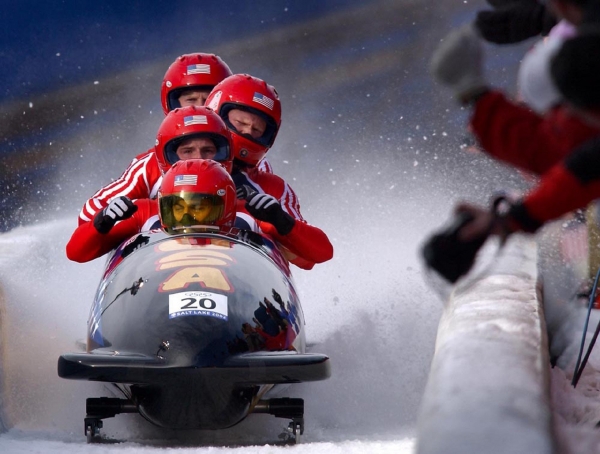
As the 2022 Beijing Olympics approaches not long after the Summer Olympics, there have been political boycott campaigns against the upcoming event. Spearheaded by the U.S., Australia, the UK, and Canada, the diplomatic campaign means the countries will still send athletes, but no government officials will attend the event.
The boycott protests the alleged human rights abuse against the Uyghurs in Chinese concentration camps and the severe crackdown on pro-democracy movements in Hong Kong. Beijing has responded with fervor, maintaining their stance that such allegations hold no truth, and the concentration camps were mere “re-education” facilities for Uyghurs and Muslims. They also accused the boycott of politicizing the Olympics and threatened that boycotting countries would “pay a price” for their actions against the games.
While the U.S. tried to gather the support of its allies for the boycott effort, not all have taken part. France has made it clear that it would not join the boycott, and Japan has only conceded to not send high-level government officials to the event. Moon Jae-in, president of South Korea, has declared that South Korea will not take part in the boycott, emphasizing that it is our obligation to attend the games as the previous host of the Winter Olympics.
Political boycotts of the Olympics are not new, as similar tactics were employed against Nazi Germany in the 1930s and the Soviet Union in the 1980s. The effectiveness of the boycotts is debated, however, as the boycott against Soviet intervention in Afghanistan barely changed their policies and Nazi Germany went on to start World War II and commit the Holocaust. On the other hand, boycotts against apartheid South Africa had succeeded along with various sanctions to rid South Africa of apartheid.
With less than two months left until the Beijing Olympics, a political boycott and a new COVID-19 variation on the loose are already threatening the games.


